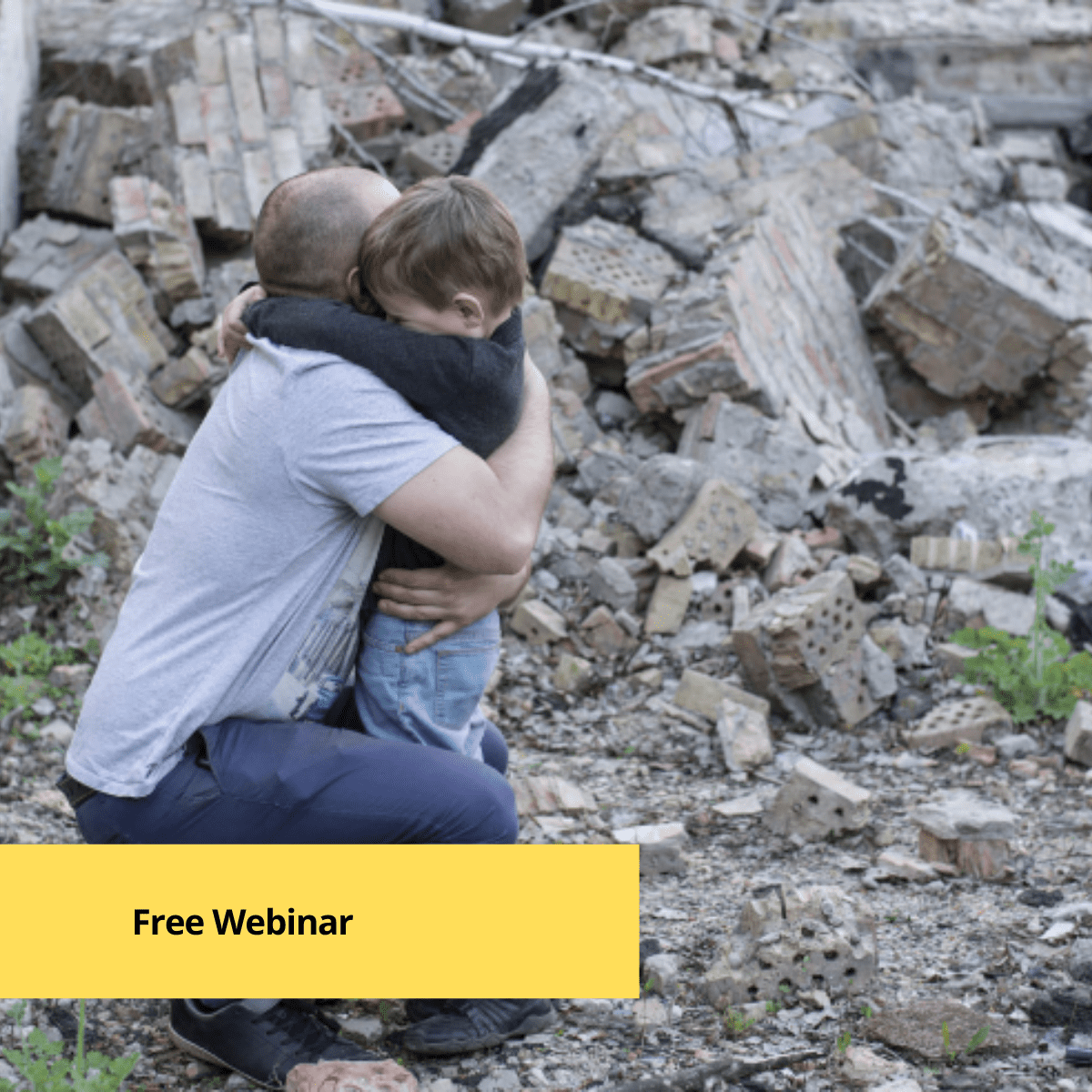Description
This webinar contextualizes trauma within a socio-political context and explores the different factors that impact the mental health of youth survivors of war and torture. It highlights the importance of an anti-oppressive approach when engaging youth.
Research indicates that asylum seekers’ pre-migration trauma is exacerbated by the post-migration/ settlement phase where an asylum seeker is faced with additional layers of structural challenges in the host country adversely impacting the person’s ability to cope (Isakson, Legarski & Layne, 2015; Hadfield, Ungar & Ostrowski, 2017). Some of the topics that will be covered include: barriers to engagement with refugee children and youth, the role of the education system and its impact on families who experience trauma and torture and ongoing critical self-reflection in our own work with refugee children and youth.
Learning Outcomes
- Examine trauma within a socio-political context as it relates to children and youth survivors.
- Recognize the importance of an anti-oppressive approach when engaging youth survivors of war and torture.
- Compare pre-migration and post-migration factors that adversely impact the mental health of the children and youth survivors.
- Reflect on how to improve supports for children and youth that are refugees or survivors of conflict or disasters.
Who Should Attend
This is recommended for anyone that works with children and youth who are survivors of war.
Course Dates & Format
Request access to this free 1-hour webinar.
Instructor: Hilena Gebregiorgis
Hilena is a Children & Youth Mental Health Counselor for the Canadian Centre for Victims of Torture (CCVT).
The CCVT is a community-based organization that helps victims of torture, war, genocide and crimes against humanity. It provides treatment, tools and support that allow refugees to heal from trauma and become active community members. The organization provides services for mental health, settlement services, mentorship for youth, training and education, and legal advocacy.
Training Fee
There is no fee for this information session.
Request access to this free webinar.



